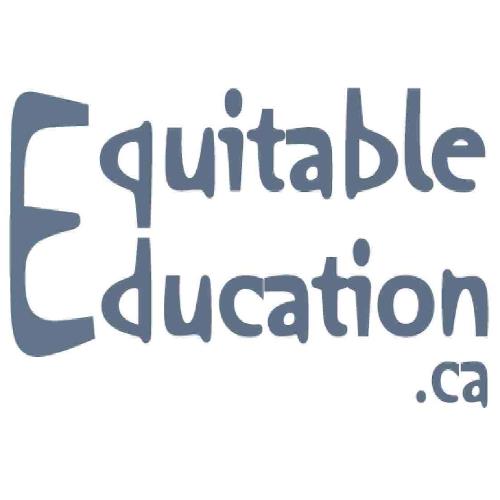Notes taken from a discussion on independent media as part of the ‘open space’ part of the open university summer program at Concordia University, Montreal, on June 19, 2008.
Independent Media discussion
June 19 as part of the Open Space activity
Open University summer program
Institute of Management and Community Development, Concordia University http://instdev.concordia.ca
notes taken by Greg Macdougall
+++++
The discussion was set up partly in the context of thinking in terms of setting up a ‘local’ as part of the Dominion Paper’s planned network of local community media groups – see http://www.dominionpaper.ca/local and http://www.mediacoop.ca/
These are some of the general themes from the discussion, and also some specific points. It is by no means everything that was said, so additional comments are welcome.
+++++
working with the independent and community media that already exist, not needing to start everything new
reach of media to people not already political, not yet interested in community / justice issues
reaching those of different backgrounds, multicultural
– location: being where they already are, being visible
– looking at target audience: community mapping
– looking at communication channels they use, locations where they are
– evaluating how successful efforts are at reaching people
types of message
– using humour
– simplifying message to make it understandable to a broader audience
– offering different perspectives on stories, letting people understand issues, see them in new way
– what types of stories / messages will people be attracted to / stimulated by?
– things that are of personal relevance to people
– how mainstream entertainment / culture can reach lot of people while including dangerous messages, how do we counter that? popularity of entertainment, sports, etc
– problem of sexism, objectification of women in many different media
credibility of independent media
– need for high quality
– too much crap out there
– using some sort of gatekeeper to direct people (web example is user voting so that most-liked goes to top)
– opportunity to legitimatize independent media when it provides accurate portrayals versus corporate media negative stereotyping
– need some sort of thread to connect all the different (quality) independent media, to connect people to them
building sustainable independent media projects
– resources to keep things going ($$, people)
– training
– commitment of those involved
– buy-in, feeling of ownership on part of those involved and also the audience / users of the media
– how it is a shared need for the type of support, to help independent media projects keep on, and how we need to organize together to build these type of support resources
– being independent of need for (financial) support that ends up controlling content
– concept of member-supported media (‘own your media’) co-op structure
– how some (marginalized) groups may not have resources to sustain the projects that are to their benefit, so where else can we get resources?
purpose of media
– different purposes for different media projects
– to provide quality analysis
– community blog
– monologue
– okay (can be strength) to be one-time or exist only for short-time
– importance of being focused, knowing what purpose is
– how can facilitate the creation of interpersonal gatherings, actual face-to-face interaction and dialogue, organizing activism and community
– how commercial influence of media is damaging, look to create non-commercial communication
~~~~
Follow-up note:
just to note that having aspirations to high-quality, while important, can also be looked at in other ways:
excerpt from  http://www.goodgirl.ca/Nikko%20Snyder%20Cultural%20Prod.pdf
http://www.goodgirl.ca/Nikko%20Snyder%20Cultural%20Prod.pdf
pg.8: “…one question that came up during several interviews had to do with the role that ‘quality’ plays within good girl, and there was clear concern at the prospect of ‘high quality’ writing and artwork being overly important in a project that claimed to support the development of young women’s work. … What is quality, and who does it exclude? … This is a difficult area that I continue to struggle with.”
 Interdependent media & in-person learning opportunities for those who are inspired to be part of movements for social justice.
Interdependent media & in-person learning opportunities for those who are inspired to be part of movements for social justice.
Latest comments